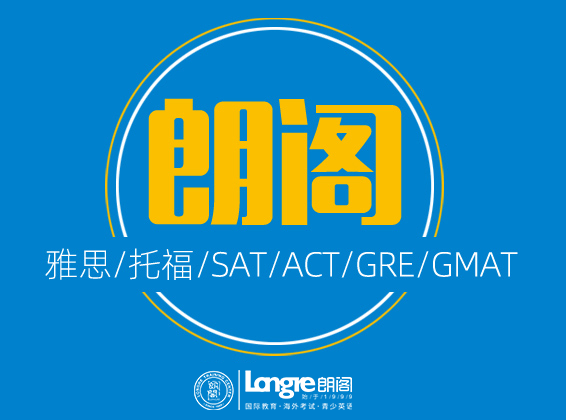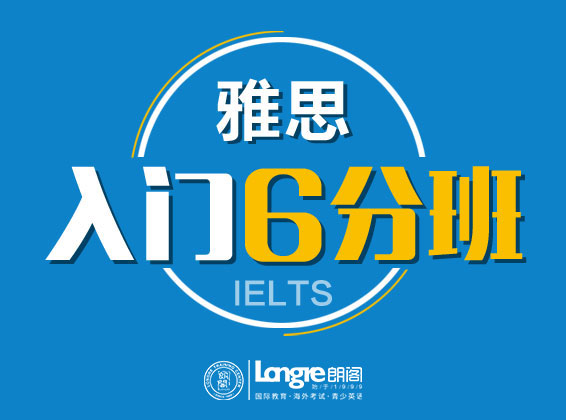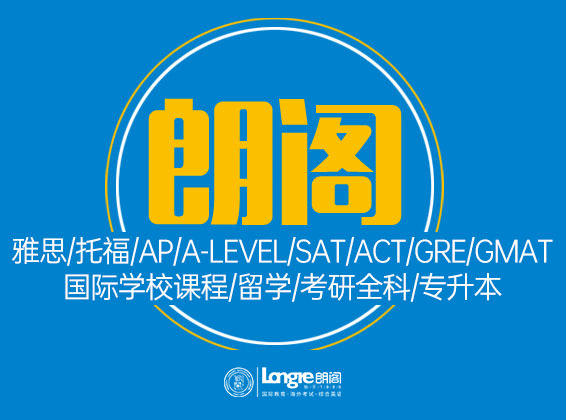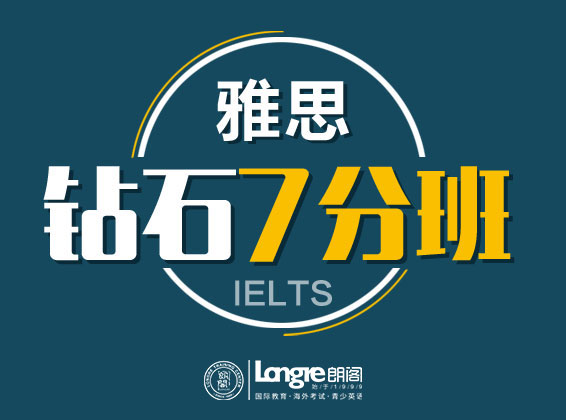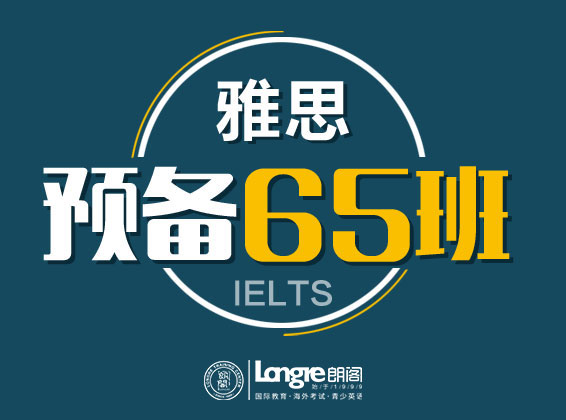|
1. Reach out (联系,联络) 例句: “I’ll reach out to Joe.” 我会跟Joe联系。 分析:这句话可以理解成“I’ll take the risk of asking Joe for his advice even though he’s probably far too busy and probably sees our project as a threat to his entire existence” (即使Joe可能根本忙不过来,或者Joe认为我们这个项目会威胁到他的地位,我还是会试着询问一下他的意见)。 reach out也可以理解为“to talk to someone outside one’s normal circle of contacts” (跟一位不在我的圈子里的人联系)。这个真的是非常陈词滥调的一种用法;无论是中国人英国人美国人,很多职场人士都爱用这个词。跟“contact”不一样的是,“reach out”有“工作量很大”的涵义,其实这个说法大部分时间没有必要。 2. Touch base (联系,联络, 碰) 例句:“Let’s touch base tomorrow.” 咱们明天再联系吧。 分析:这个用法来源于美国棒球,但用来表示“联系”却并不恰当,因为“联系”是两个人的事情,强调合作;touch base在棒球里强调的是一个人的独立成功。跟“contact”或者“reach out”不同就是, “touch base”强调“不会占很多时间”,可以翻译成“碰一下头,见个面”。 3. To your point (至于你这一点,就像你说的) 4. “Deep(er) dive” (closer look, 跟仔细的层面上来讲) 例句: “I’ll do a deeper dive on those figures on Monday.” (我周一把这些数字仔细看一遍) 分析:第三和第四还算比较少听到,所以还算不上cliché。 5. Going forward (从目前开始) 例句: Jane is our new head of marketing going forward. (Jane从现在开始是我们的新营销管理。) (责任编辑:admin) |


